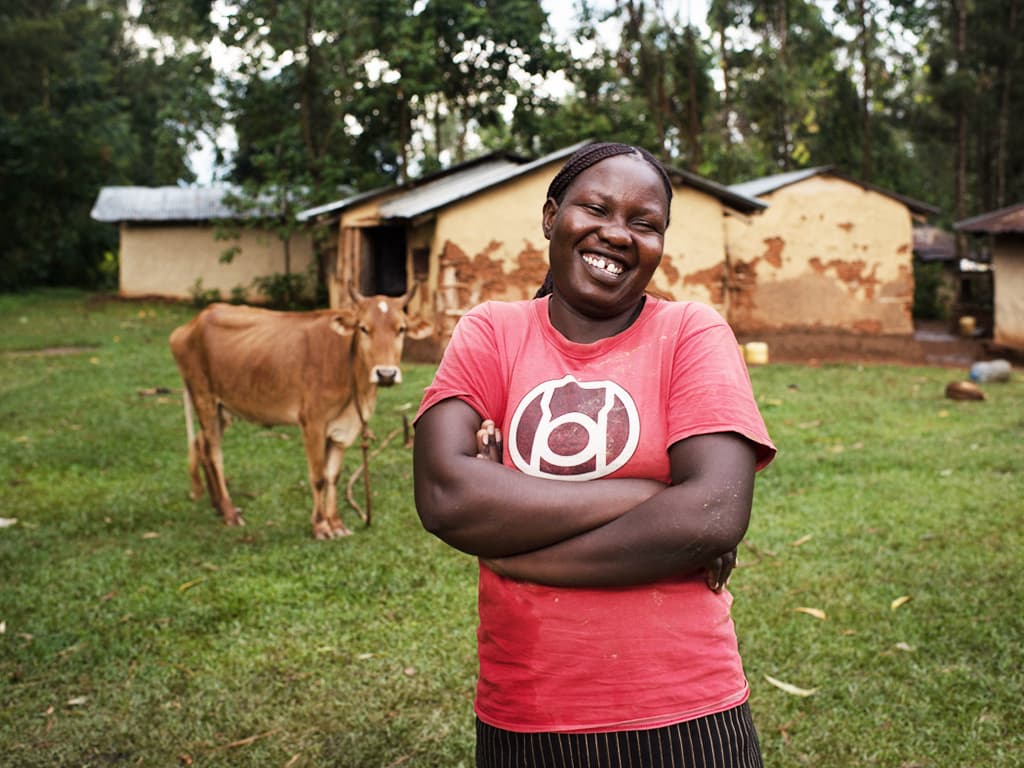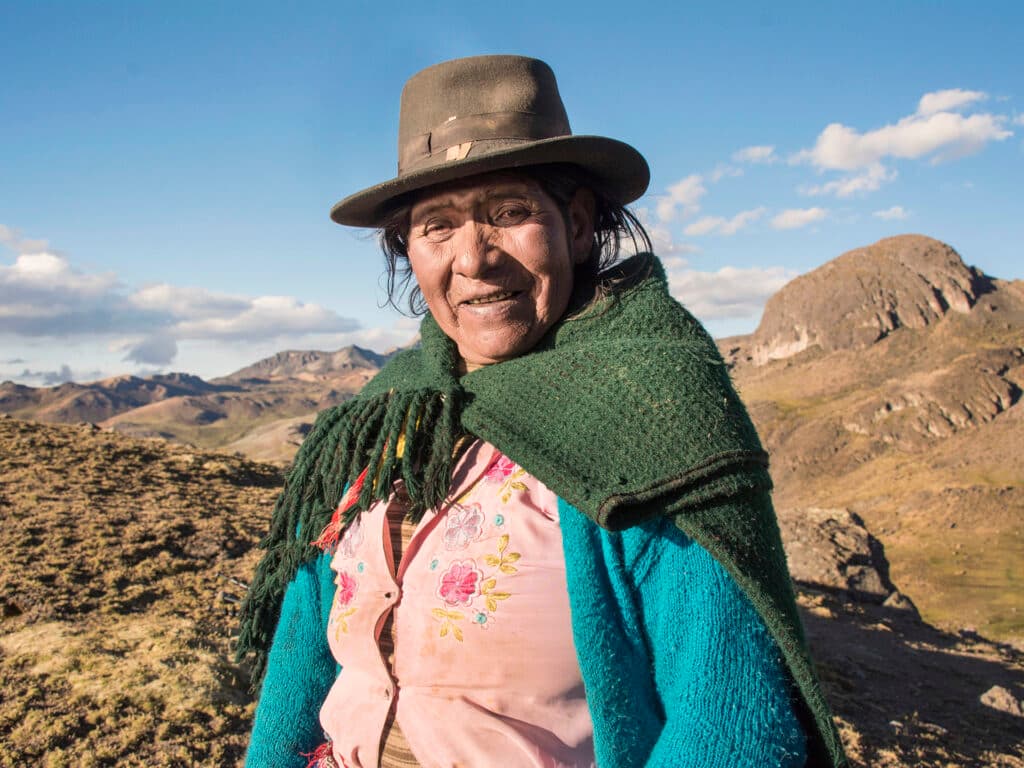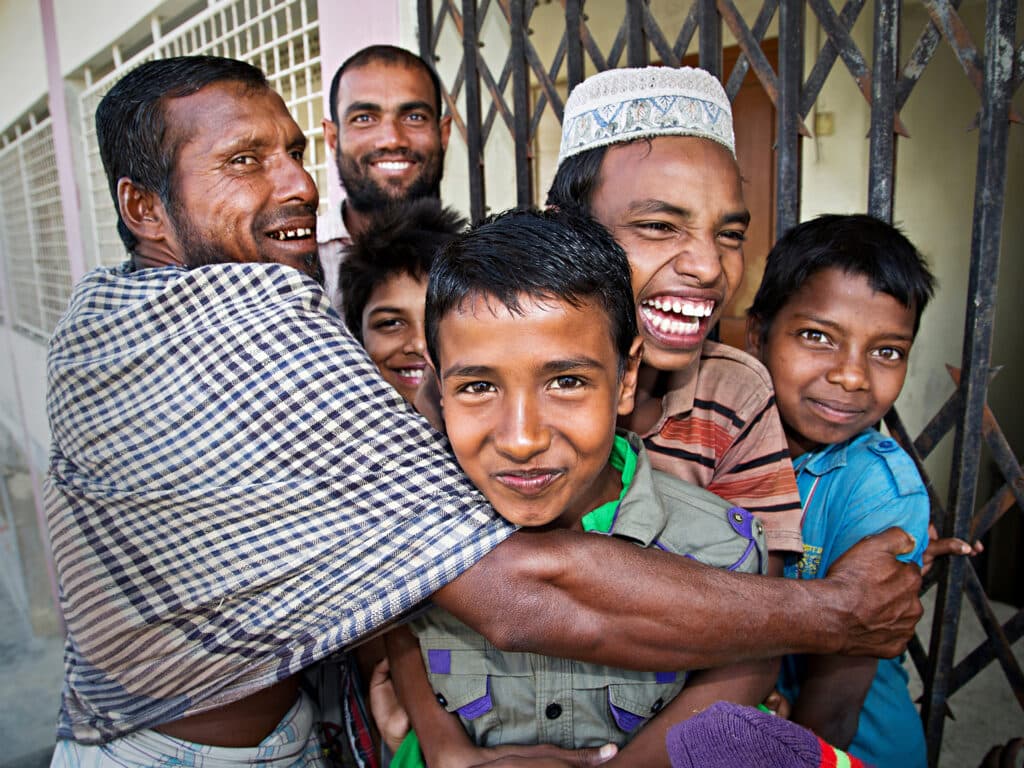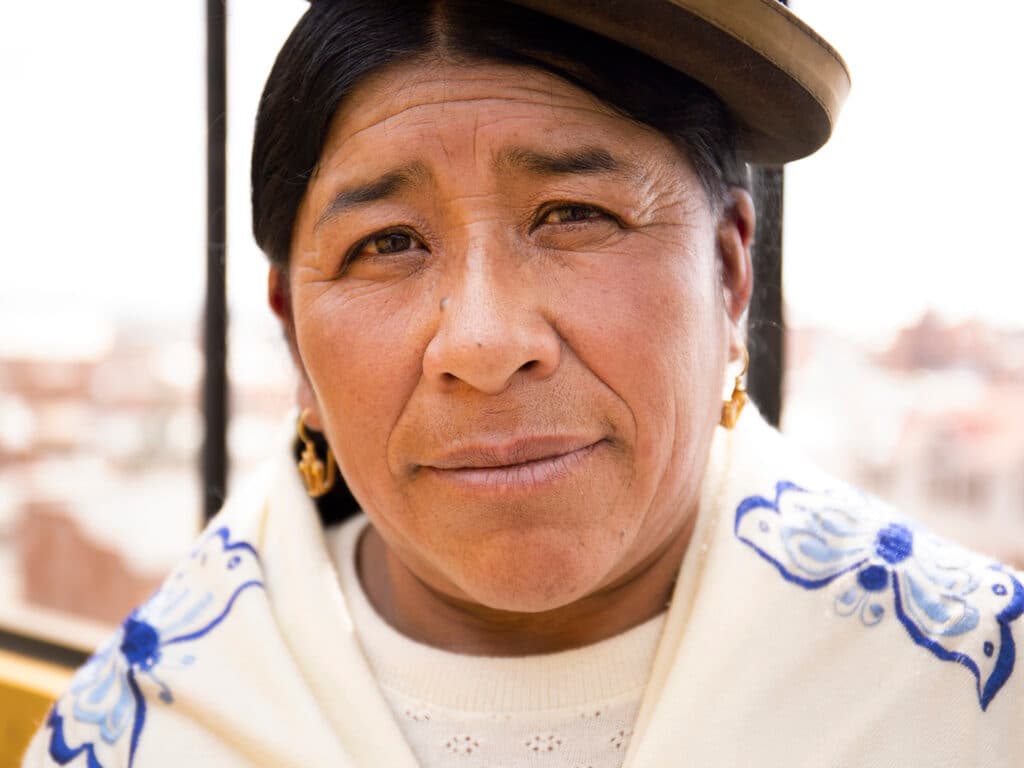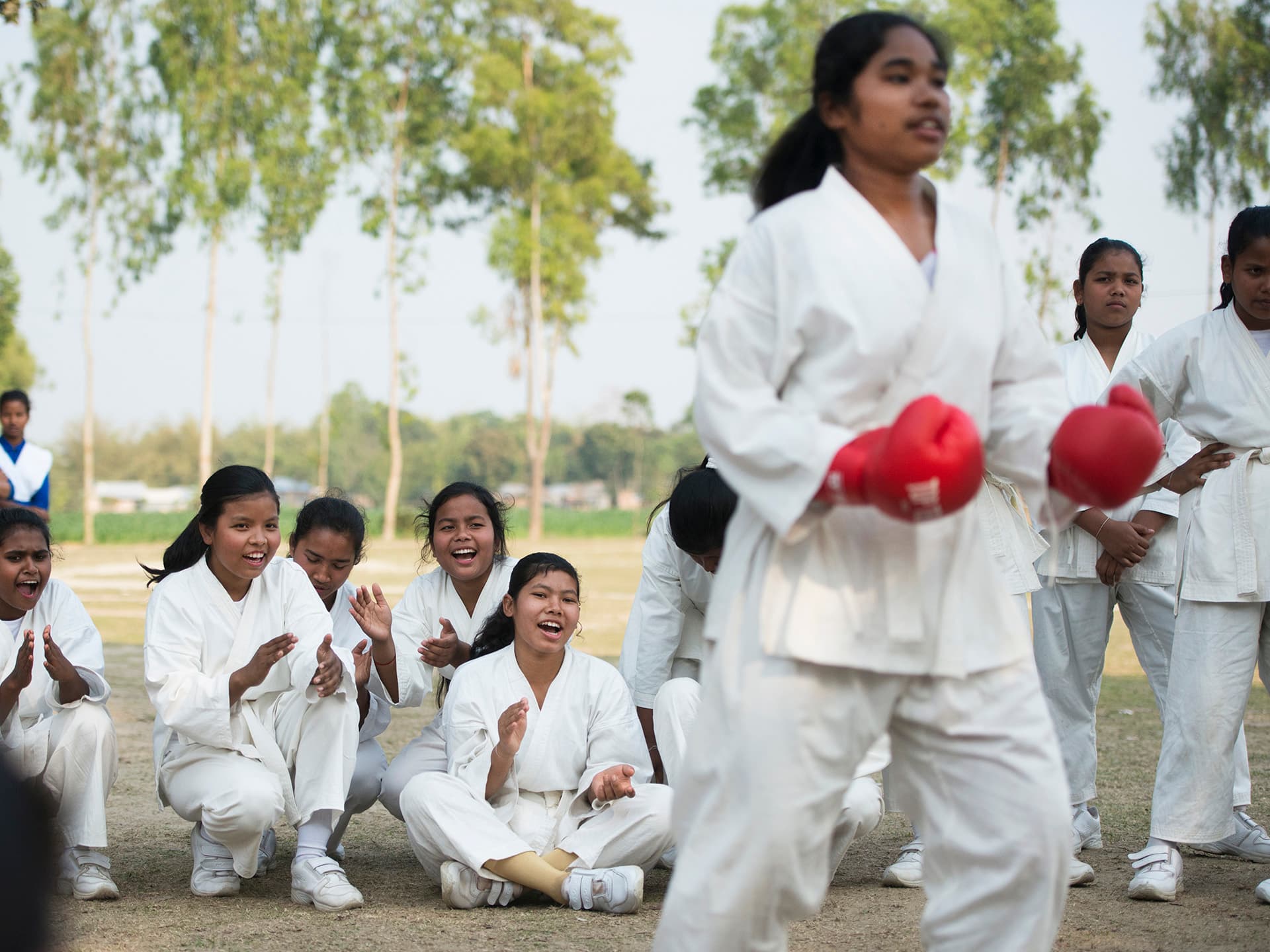
Roles, strategies and methods
Diakonia has several roles as a development organization: Donor and controller, an accompanying partner, a bridge builder and catalyst at the same time as we work with advocacy and raising public awareness.
Diakonia as a donor and controller
Diakonia finances its activities through various channels. In terms of financial priorities, the organization is above all a donor financing partners and projects in developing countries. The primary task is thus to identify strategic actors and projects to fund and to constantly develop routines necessary to monitor and follow up on the proper use of these funds.
Diakonia as an accompanying partner
It is of fundamental importance to develop a reliable relationship, characterised by trust, between Diakonia and each of its partners. Through long-term relations and local presence, a relationship based on mutual respect is developed. This is crucial to effectively implement our controlling function, an effective monitoring and a full comprehension of the expected or unexpected outcomes.
Diakonia sees partners’ institutional capacity building as a central issue and considers this being a field where we can bring in added value. Diakonia sometimes take a very active role in facilitating partners’ capacity building while working closely together, e.g. using the Gender toolbox, as long as the ownership of the initiative is not put at risk.
Diakonia as a bridge builder and catalyst
Diakonia also plays an important role as a bridge builder between partners within and between country programmes.
Diakonia has experienced that meetings between partners at different levels in society generate increased knowledge and added value. As an example, Diakonia assists in linking advocacy NGO:s with grassroot organisations.
An important tool is the regular partner meetings where the work and the conditions for it are discussed and where sharing of experiences and analyses become possible.
When composing a programme, not only the individual potential of each partner is taken into consideration, but also to create fruitful synergies between partners in the programme.
Our work on advocacy and public awareness
In Sweden and internationally, Diakonia works with public awareness raising, mobilisation and advocacy to inform and influence the general public and decision makers about the situation in developing countries and how it can be changed.
Diakonia works with evidence based advocacy to influence and change harmful Swedish and European policies, in cooperation with our partners and as a complement to their work.
In developing countries, Diakonia often seeks dialogue with representatives of the European Union, UN agencies, embassies, and other international institutions present to discuss the same issues.
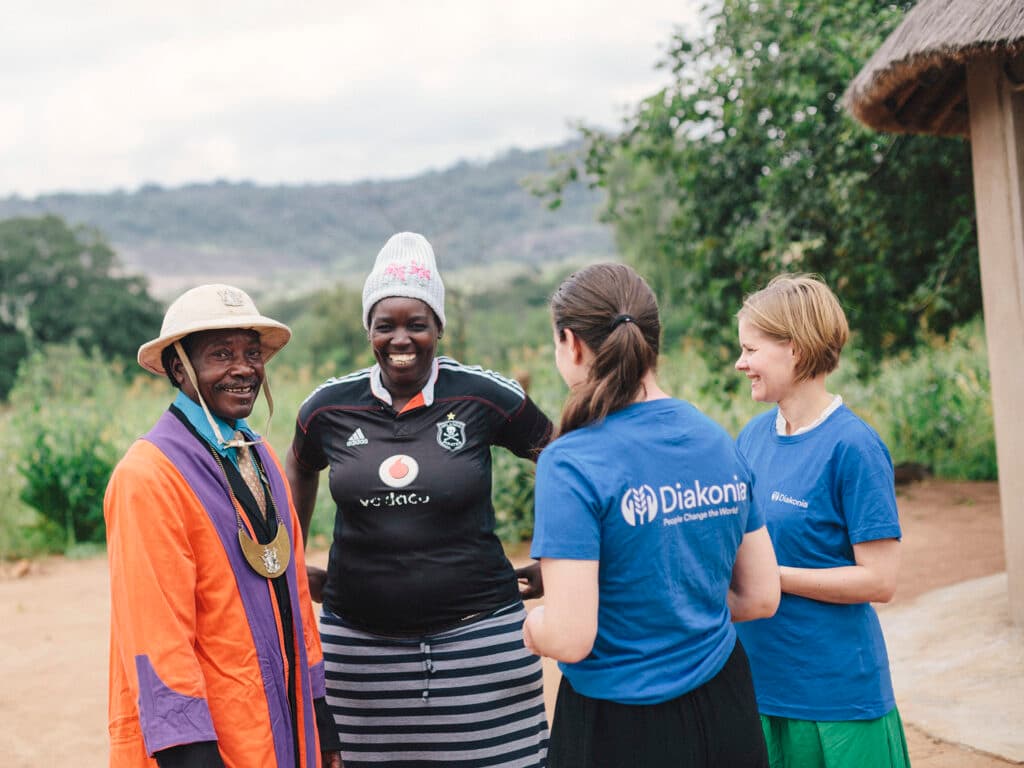
Strategy for change and rights based approach
Diakonia believes that the strategy for change and a rights based approach is highly conducive to socially sustainable development as it recognises the discriminated individuals or groups and victims of violations as right holders (non-discrimination).
By putting focus on empowering people to demand what is rightfully theirs (effective participation) and on the duty bearers’ obligation to grant the rights (transparency and accountability), the approach not only provides the legal framework and tools to pursue change. It also seeks to empower the rights holders to be the protagonists of the change and to be owners of this process. Finally as the outcomes and impacts are closely linked to the legal system the changes achieved run a fair chance of being sustainable.
